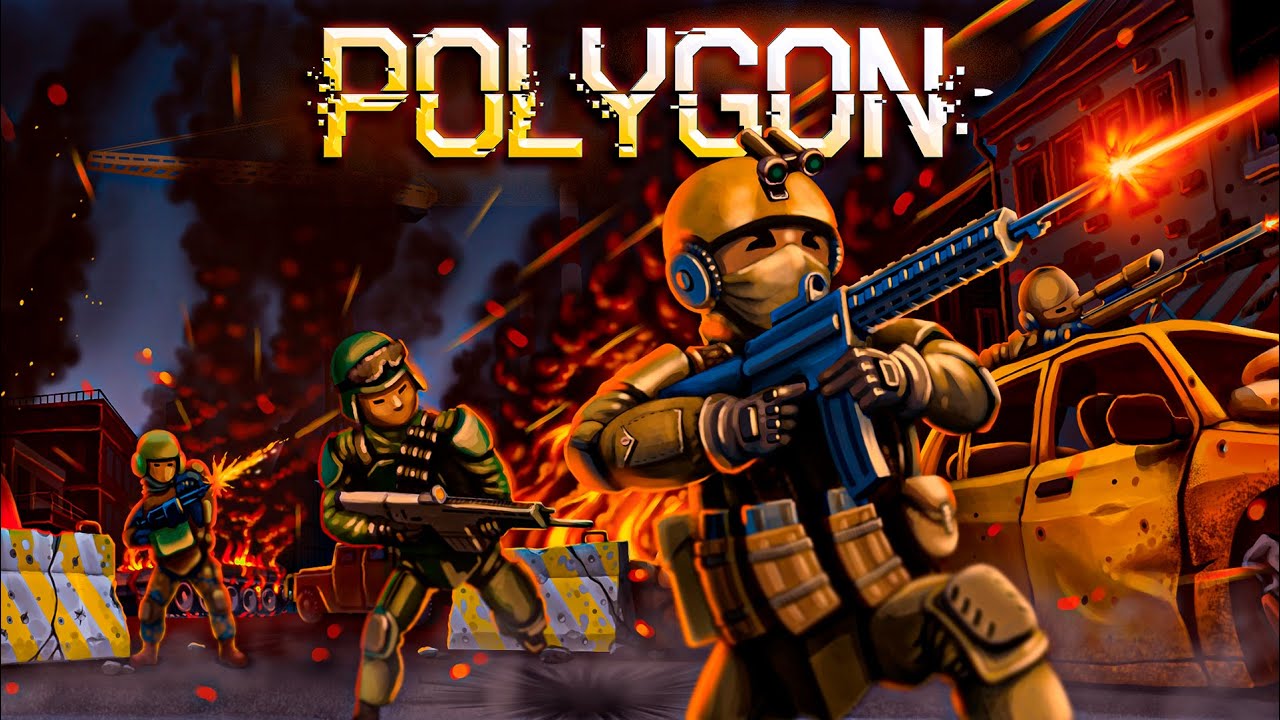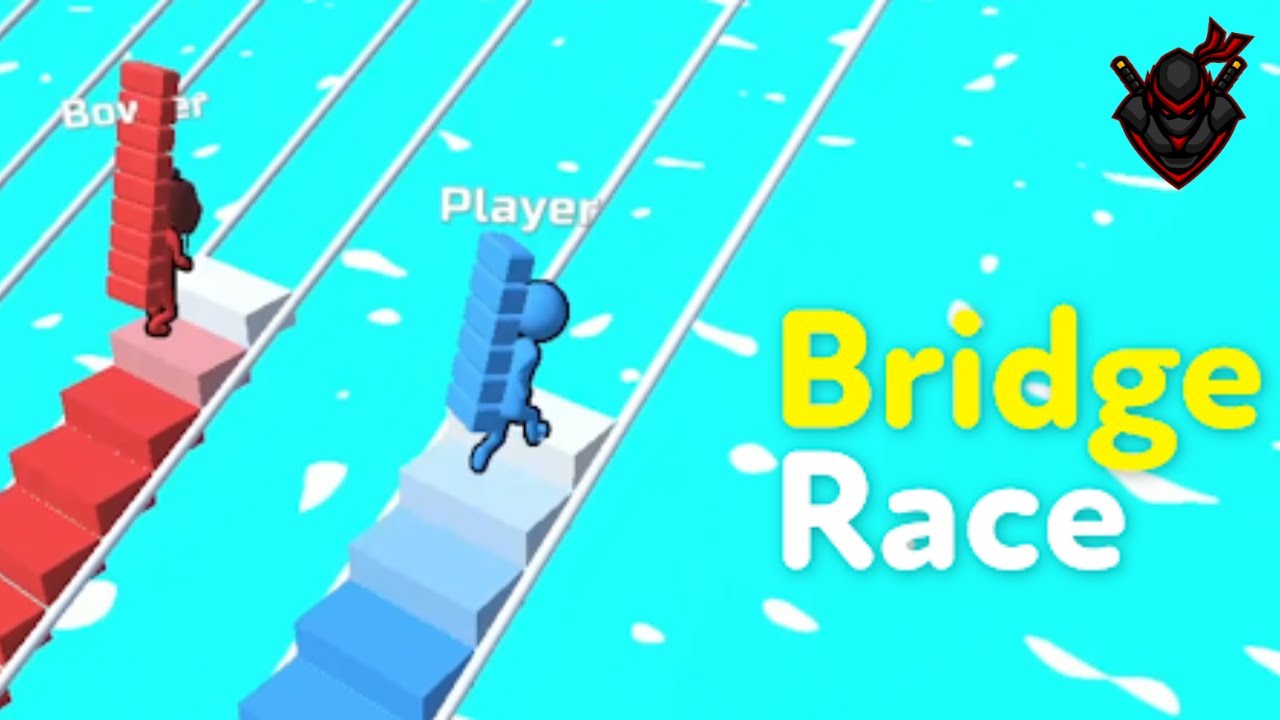Polygon games have become increasingly popular for their simple yet captivating mechanics, blending geometric shapes with intricate puzzle-solving gameplay. These games offer a unique and enjoyable experience, challenging players to think critically and creatively as they manipulate various shapes and structures. In this article, we will explore the world of Polygon games, their mechanics, popularity, and how they provide both entertainment and mental stimulation.
What is a Polygon Game?
A Polygon game is a type of puzzle game that revolves around manipulating geometric shapes, usually polygons, in various ways to achieve specific goals. These games often involve rotating, aligning, or transforming polygons to fit a particular pattern or to solve a spatial puzzle. The main objective in many Polygon games is to create visually appealing and coherent shapes from fragmented pieces, while others focus on overcoming challenges using polygons as building blocks.
The Mechanics of Polygon Games
Polygon games typically have simple controls, where players interact with the shapes using basic touch or click-based inputs. Depending on the game’s design, players may rotate, resize, or move the pieces to fit a given pattern or create a completed figure. These games often involve minimalistic visuals, focusing more on the gameplay mechanics and mental challenges rather than complex graphics.
Polygon puzzle games can range from easy-to-play casual games to more complex puzzles that require critical thinking and problem-solving skills. Some common features include:
- Drag-and-Drop Mechanics: Players often need to drag the polygon pieces and place them in the correct position.
- Rotation: Players may need to rotate pieces to fit them together properly.
- Transformation: Some games allow players to transform shapes, such as turning a square into a triangle or a hexagon into a pentagon.
Popular Types of Polygon Games
1. Jigsaw Puzzle Games
Polygon-based jigsaw puzzle games are one of the most common types of Polygon games. In these, players are given a fragmented set of polygonal pieces that must be reassembled into a complete shape or picture. These puzzles can range from simple to complex, with increasing difficulty as players advance through levels.
2. Shape Rotation Games
In shape rotation games, players are tasked with rotating polygons to fit within a designated area. This type of game tests spatial reasoning and the ability to think critically about how different shapes can be transformed.
3. Shape-Matching Games
These games require players to match different polygonal pieces to create a larger, coherent figure. The challenge lies in fitting irregular shapes together while maintaining the integrity of the design. Shape-matching games may include both 2D and 3D puzzles, offering a variety of complexity.
The Appeal of Polygon Games
Polygon games have grown in popularity due to their simplicity and ability to engage players of all ages. Their appeal lies in their:
- Minimalist Design: Polygon games often use simple graphics, allowing players to focus on the puzzle-solving aspect without distractions.
- Challenging Mechanics: These games are intellectually stimulating and require players to think critically, making them ideal for sharpening problem-solving and spatial reasoning skills.
- Accessible Gameplay: Most Polygon games are easy to understand, making them accessible to both casual players and more serious gamers alike.
Accessibility and Mobile Platforms
One of the key reasons Polygon games have become so popular is their accessibility. Many of these games are available on mobile platforms, such as iOS and Android, allowing players to enjoy the game on the go. The simple controls and short gameplay loops make Polygon games perfect for mobile play, catering to those looking for a quick and satisfying gaming experience.
How Polygon Games Improve Cognitive Skills
Playing Polygon games offers more than just entertainment. These games can be excellent tools for improving various cognitive functions:
1. Spatial Awareness
By interacting with shapes and transforming them into specific patterns, players improve their understanding of spatial relationships. This skill is essential in everyday life and can help in activities that involve navigation, design, and problem-solving.
2. Critical Thinking and Problem-Solving
Polygon games often present players with complex puzzles that require critical thinking. As players progress, they must analyze the available pieces, rotate and arrange them, and figure out how to complete the puzzle. This fosters problem-solving skills, which are valuable in many areas of life, from academics to the workplace.
3. Attention to Detail
Polygon puzzle games demand attention to detail. Players must carefully examine the shapes, identify patterns, and make precise movements. This sharpens the ability to focus on fine details, which can improve overall attention and concentration.
Popular Polygon Games You Should Try
1. Poly Bridge
“Poly Bridge” is a physics-based puzzle game where players are tasked with constructing bridges using different materials and shapes. The goal is to build a functional bridge that can support vehicles while adhering to budget and material constraints. The game features a polygonal art style and offers a challenging experience for puzzle lovers.
2. Monument Valley
Though not entirely focused on polygons, “Monument Valley” uses geometric shapes in its design. The game challenges players to manipulate architectural structures to guide a character through a visually stunning world. The puzzles involve optical illusions and the careful alignment of shapes to proceed.
3. 2048
While it’s not traditionally classified as a Polygon game, “2048” involves merging tiles with numbers, and the way the tiles are arranged resembles geometric puzzle games. The game’s minimalist design and logical progression make it a popular choice for players who enjoy thinking ahead and planning their moves.
4. Tessellations
Tessellation-based games, such as those that require players to fill a grid with various polygons without gaps or overlaps, are another type of Polygon game. These games provide a great mental workout and often come with escalating difficulty levels to keep players engaged.
How to Get Better at Polygon Games
Improving your skills in Polygon games involves more than just trial and error. Here are a few tips for getting better:
- Practice Regularly: Like most puzzle games, practice makes perfect. The more you play, the better you’ll become at recognizing patterns and understanding how different shapes fit together.
- Take Your Time: Many Polygon games reward patience and careful thought. Avoid rushing through the puzzles and instead focus on understanding the mechanics.
- Start Simple: Begin with easier levels or tutorials to get the hang of the game mechanics before tackling more challenging puzzles.
Conclusion
Polygon games are a fun, accessible, and intellectually stimulating genre that continues to captivate gamers of all skill levels. With their minimalistic designs, challenging puzzles, and ability to enhance cognitive skills, these games provide more than just entertainment – they offer an opportunity for mental growth. Whether you’re a casual gamer or a puzzle enthusiast, Polygon games have something to offer. So, dive in, enjoy the challenge, and watch your problem-solving and spatial reasoning skills improve as you play.


